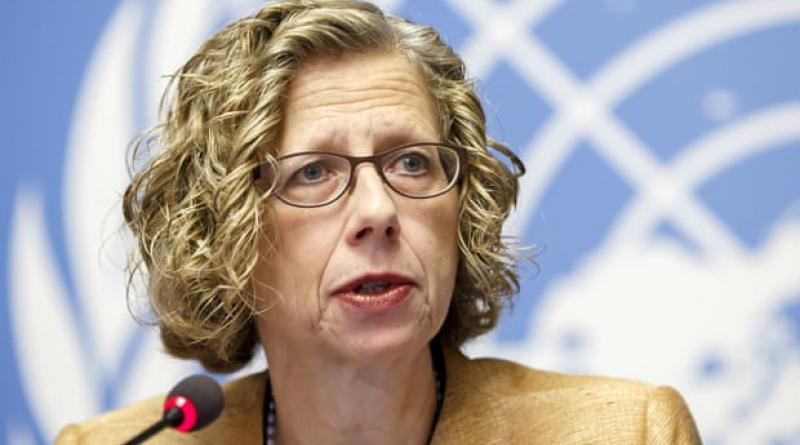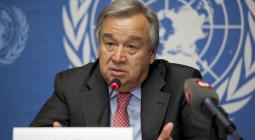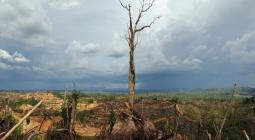Coronavirus is an ‘SOS signal for the human enterprise’.

UN environment chief and economist warn human wealth depends on nature’s health.
The coronavirus pandemic is an “SOS signal for the human enterprise”, according to a leading economist and the United Nation’s environment chief, who warn that current economic thinking does not recognise that human wealth depends on nature’s health.
“The language of economics is failing us [and] the result is that we miss the message,” said Prof Sir Partha Dasgupta and the UN’s Inger Andersen in an article published on Friday. “Our economies, livelihoods and wellbeing all rely on nature, from the food we eat, to controlling our climate, regulating disease and providing spiritual fulfilment. Without nature, there would be no life.”
The ongoing destruction of nature has been blamed as the fundamental driver of diseases that cross from wildlife into humans. In April, the world’s leading biodiversity experts said even more deadly disease outbreaks were likely unless the destruction is halted.
Dasgupta is leading a major review on the economics of biodiversity for the UK government, due to be published later in 2020, and Anderson is an adviser. A similar UK government review on climate change led by Lord Nicholas Stern was highly influential in making the economic case for environmental action.
“Covid-19 is an SOS signal for the human enterprise, bringing into sharp focus the need to live within the planet’s ‘safe operating space’, and the disastrous environmental, health and economic consequences of failing to do so,” said Dasgupta and Anderson. “A key problem is the mismatch between the artificial ‘economic grammar’ which drives public and private policy and ‘nature’s syntax’ which determines how the real world operates.”
They said ‘natural capital’ – the planet’s stock of natural resources, like plants, soils and minerals – should be valued alongside the values of produced capital, such as roads, and human capital, such as skills. Together, these form a measure of a country’s true wealth, they said.
Data from the UN Environment Programme shows that the global stock of natural capital per capita has declined nearly 40% since the early 1990s, while produced capital has doubled and human capital has increased by 13%. “Unlike standard models of economic growth and development, placing ourselves and our economies within nature helps us to accept that our prosperity is ultimately bounded by that of our planet,” Dasgupta and Anderson said.
“The importance of taking decisions guided by the science has become all the more apparent in recent months,” they said. “As discussions about the recovery gather pace, economic and finance decisions must be guided by the science too. From now on, protecting and enhancing our environment must be at the heart of how we achieve economic prosperity.”
The largest previous assessment of the economics of biodiversity was published on 2010 and was led by Pavan Sukhdev, formerly at Deutsche Bank and now president of WWF International and a UN environment ambassador.
“The blind pursuit of profit at the expense of all else – it’s simply a fool’s dream and sadly, we seem to have believed it,” Sukhdev said this week. “Nature also provides a lot: you can estimate the economic cost you will incur by losing nature’s services.”
“I think the time has come for humanity to go through its next evolution, intellectually, emotionally, and recognise that we can be different, we don’t have to go back to the same old ways, business as usual,” he said.
The prominent naturalist Jane Goodall said on Wednesday that the emergence of Covid-19 was the result of the over-exploitation of the natural world. She said humanity will be “finished” if we fail to drastically change our food systems.
Dasgupta and Anderson said: “One truly worrying result of our over-demand is that critical ecosystems are reaching tipping points.”
They said ocean heatwaves were destroying coral reefs, with devastating economic impacts on the large numbers of people that depend on them, while the felling of tropical forests is pushing them dangerously close to tipping points that would switch them to grassland, with enormous consequences for the climate crisis.
5 June 2020
The Guardian




